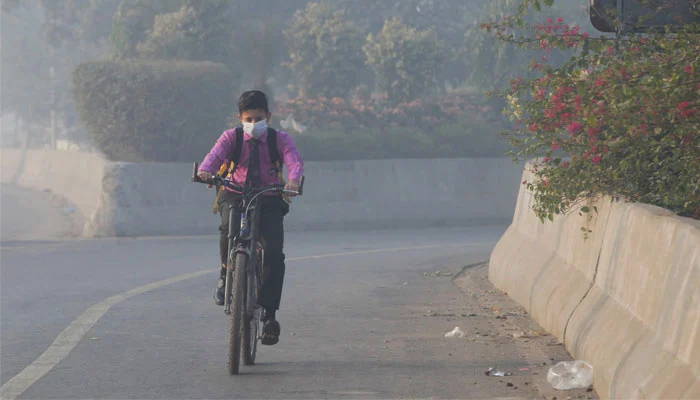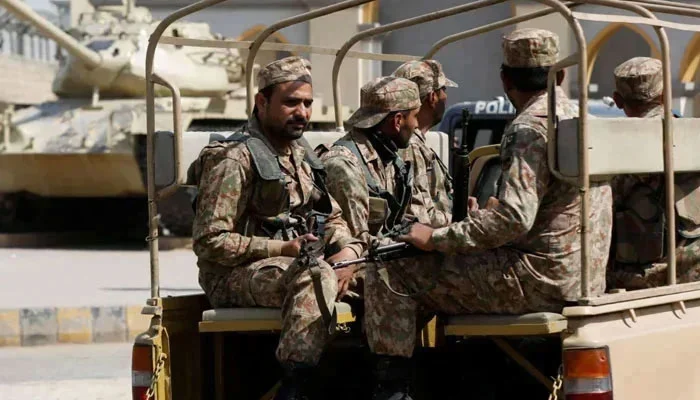Schools in Lahore and Multan, two of Punjab’s most smog-affected cities, resumed operations on Wednesday following a slight drop in hazardous air pollution levels. The decision came nearly two weeks after authorities ordered a closure to protect public health as air quality reached “hazardous” levels.
Improvement in Air Quality
The Punjab Environmental Protection Agency reported improved air conditions, attributing the change to rainfall in northern Punjab, shifts in wind direction, and increased wind speed. However, air quality remains a significant concern.
- Lahore’s Air Quality Index (AQI): Registered at 455 early Wednesday, the city ranked as the second most polluted globally. PM2.5 pollutants in the air reached 296 micrograms per cubic meter, nearly 60 times higher than the World Health Organization’s (WHO) guideline.
- Multan’s AQI: Recorded at 207, which is classified as unhealthy.
While Tuesday saw AQI levels drop to 271 in Lahore, this improvement remains far from safe.
Safety Measures in Schools
To mitigate health risks, students and staff are required to wear face masks, and all outdoor activities, including sports and co-curricular events, remain suspended until further notice.
Punjab Senior Minister for Environmental Protection Marriyum Aurangzeb assured that anti-smog operations and adherence to environmental guidelines would continue despite the slight relief.
Regional Comparison
- New Delhi, India: Maintains the top spot for global pollution with AQI levels reaching a “hazardous” 480, severely impacting public health.
- Karachi, Pakistan: Ranked fifth, with an AQI of 189, categorized as “unhealthy.”
Health and Environmental Concerns
Prolonged exposure to toxic air has severe health consequences. According to WHO, air pollution is a leading cause of strokes, heart disease, lung cancer, and respiratory illnesses. In Lahore alone, smog has reduced life expectancy by an estimated 7.5 years, as per a University of Chicago study.
The primary contributors to this environmental crisis include:
- Emissions: From vehicles and low-grade industrial fuel.
- Crop Burning: Seasonal agricultural practices in both Pakistan and India.
- Weather Patterns: Cooler temperatures and slow-moving winds trap pollutants closer to the ground.
The Road to Cleaner Air
Experts suggest that combating smog requires comprehensive reforms, including:
- Modernizing Vehicle Fleets: Transitioning to fuel-efficient or electric vehicles.
- Sustainable Farming: Shifting away from traditional crop-burning practices.
- Renewable Energy Transition: Reducing dependency on fossil fuels.
Without significant intervention, smog will continue to endanger millions across Pakistan and India every year, severely impacting health and quality of life.




